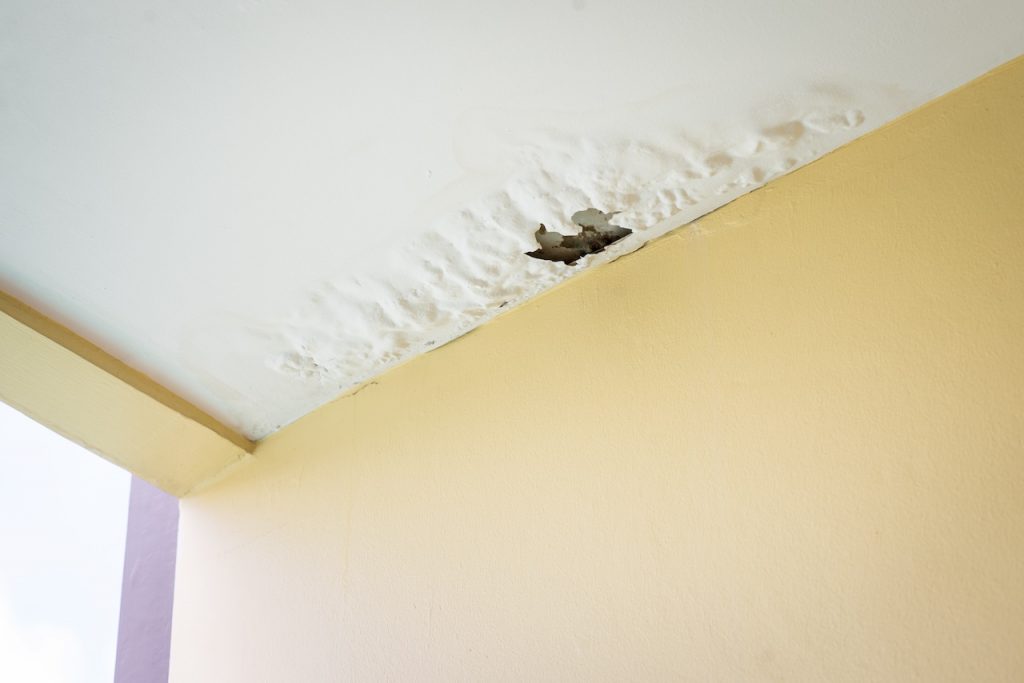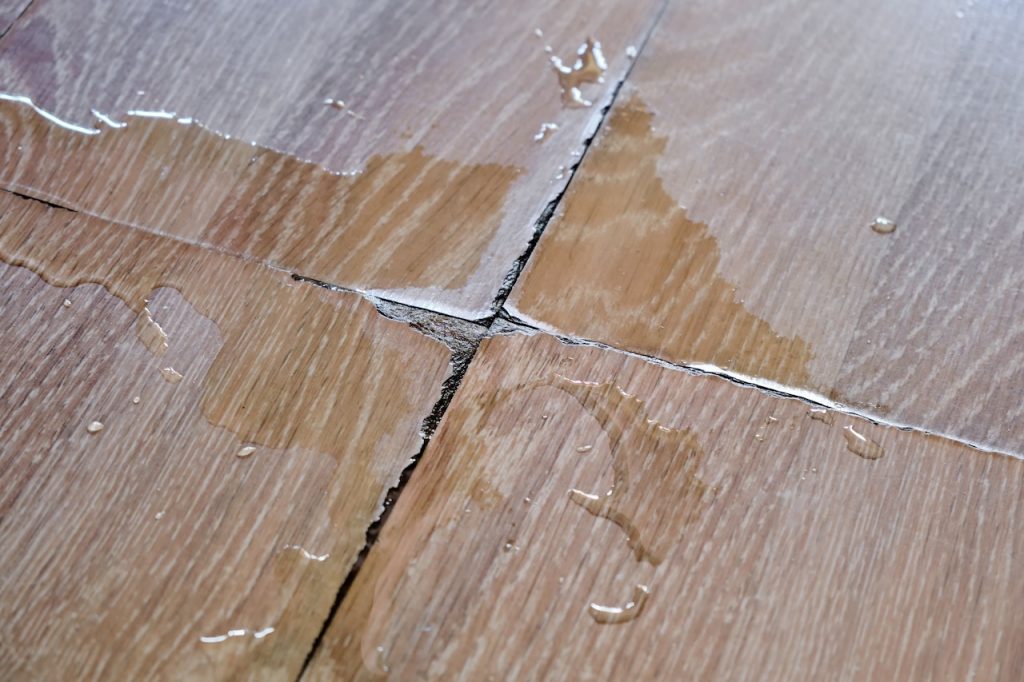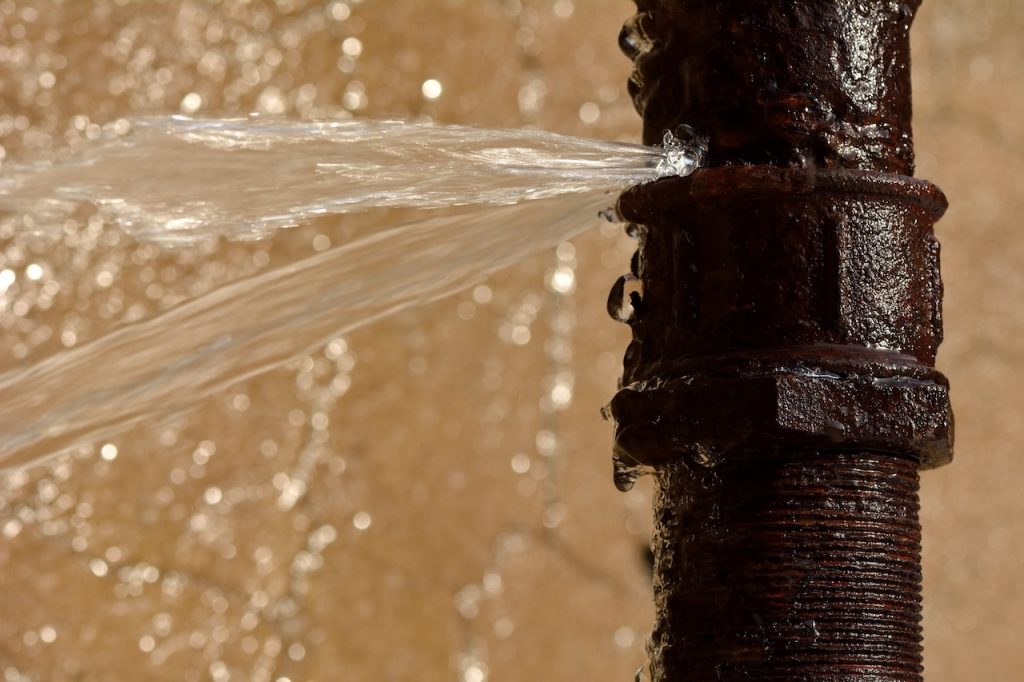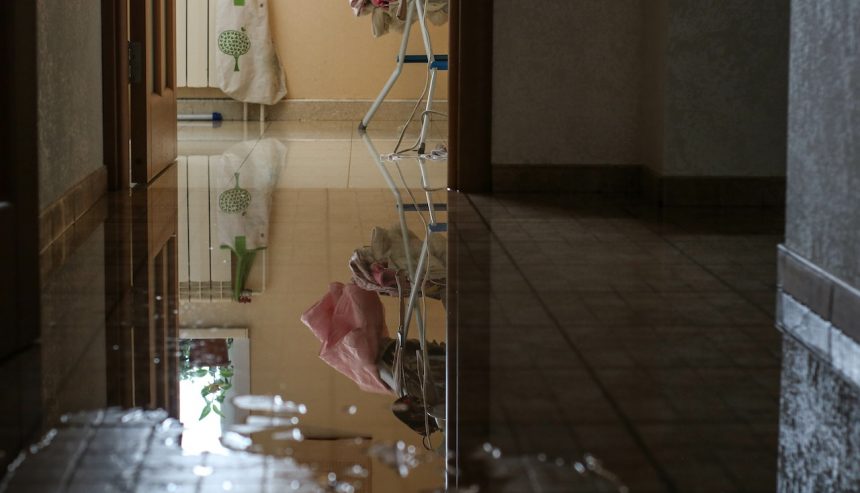We’ve all wondered: can I break my lease because of water damage? Dealing with water damage in a rental property can be frustrating and stressful, raising important questions about your rights as a tenant. One common concern is whether you can break your lease because of water damage. At PuroClean of Broomfield, we often hear from tenants seeking clarity on this issue. Here’s a comprehensive guide to help you understand your rights and the necessary steps to take if you’re considering breaking your lease due to water damage.
Can I Break My Lease Because of Water Damage? The Facts

Apartments suffer from water damage frequently.
1. Assessing the Severity of the Water Damage
The first step in addressing water damage is to assess its severity. Not all water damage situations justify breaking a lease. Minor issues, such as a small leak, typically require the landlord to repair the damage promptly but may not constitute a reason to terminate the lease. However, severe water damage that makes the property uninhabitable can be a valid reason to consider breaking your lease. According to the U.S. Department of Housing and Urban Development (HUD), landlords are generally required to provide a habitable living environment, which includes addressing significant water damage issues.

Water damage can split laminate flooring.
2. Legal Rights and Obligations of Tenants and Landlords
Understanding your legal rights and obligations is crucial when dealing with water damage. Generally, landlords are responsible for maintaining the rental property in a habitable condition, which includes addressing issues like water damage. If the landlord fails to repair severe damage promptly, you may have grounds to break the lease. However, tenants are also responsible for reporting issues to the landlord in a timely manner and allowing reasonable time for repairs.
3. Documenting the Damage and Communication
Proper documentation and communication are key when dealing with water damage. As a tenant, you should document the damage thoroughly with photos, videos, and written descriptions. Keep records of all communications with your landlord, including emails, texts, and written notices. This documentation can be crucial if you need to prove the extent of the damage or the landlord’s lack of response.

Burst pipes can wreak havoc on tenants in multi-family buildings.
4. Exploring Alternative Solutions
Before deciding to break your lease, consider exploring alternative solutions. For example, you may negotiate with your landlord for temporary housing arrangements or a rent reduction until the damage is repaired. Additionally, you might request an early termination agreement, where both parties agree to end the lease without penalty. This can be a less contentious way to resolve the situation.
PuroClean of Broomfield: The Water Damage Experts
At PuroClean of Broomfield, we understand the challenges water damage can pose for tenants and landlords alike. Our team can assist with comprehensive water damage restoration services if you’re facing significant water damage in your rental property. Visit our Water Damage Restoration Services page or call us at (720) 773-3400 for expert guidance and support. Let us help you restore your property and navigate the complexities of your lease agreement.




 PuroClean of Broomfield
PuroClean of Broomfield